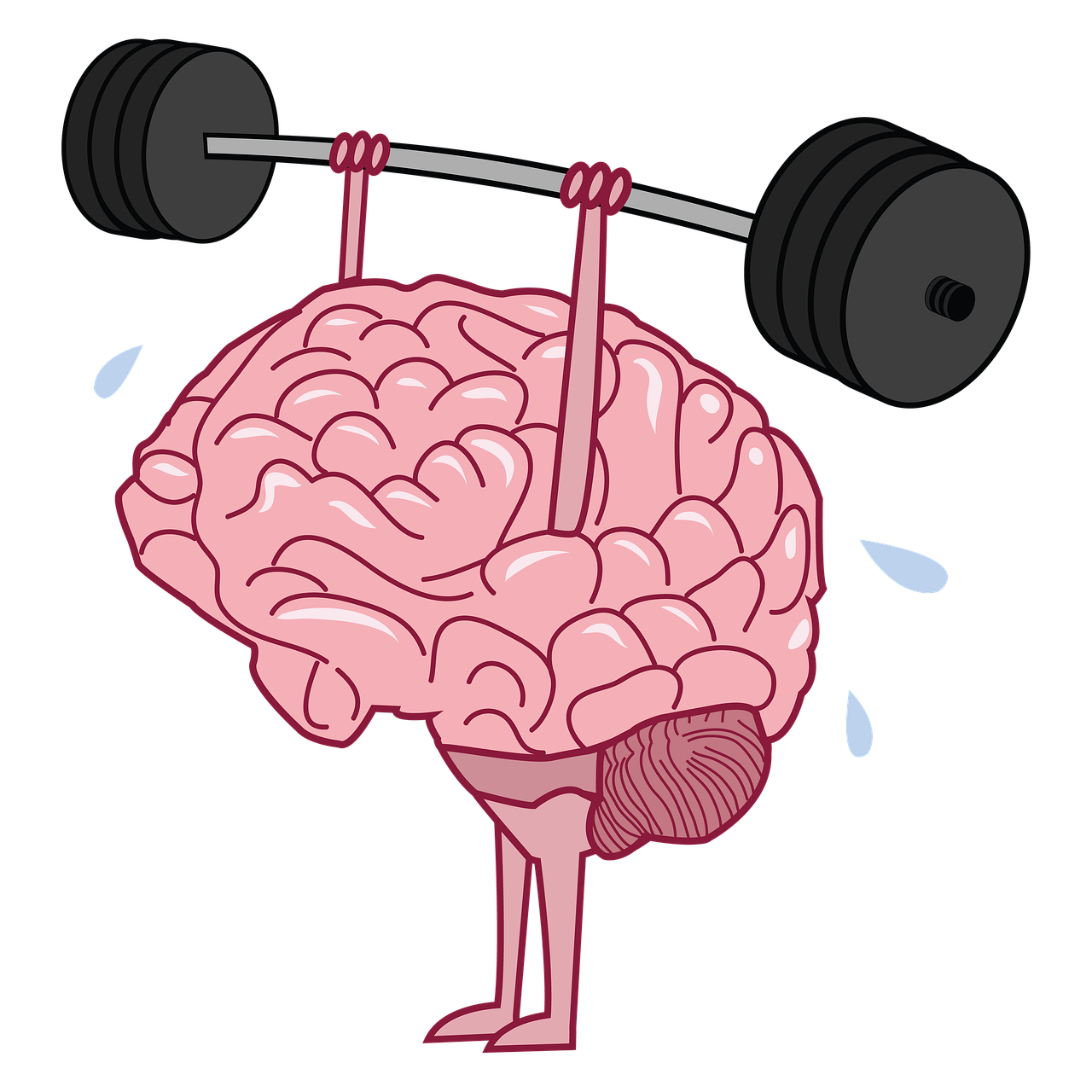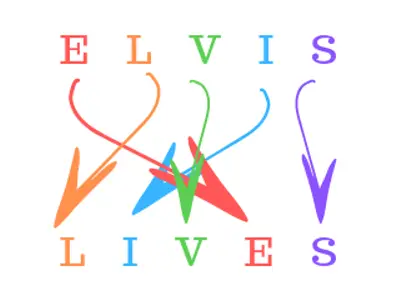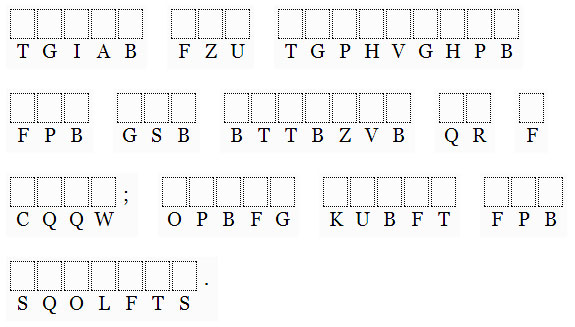Post Categories
The History of Crosswords: A Look Back at the World's First Crossword Puzzle
Oh, the humble crossword! A crossword is a word game that has puzzled, delighted, and occasionally infuriated us for over a century.
But have you ever stopped to wonder about the history of this beloved pastime? Buckle up, word nerds, because we're about to embark on a wild ride through the annals of crossword history!
Origins of Crosswords
Let's start at the very beginning (a very good place to start, as a certain song goes).
The first crossword puzzle was published in 1913 in the New York World, a newspaper that's sadly no longer with us. This puzzle, crafted by journalist Arthur Wynne, was a diamond-shaped grid with no black squares.
It was dubbed a "word-cross" puzzle, and it was a part of the newspaper's Sunday funnies section. Can you imagine? It was like the Wild West of crossword puzzles!
Wynne's puzzle was an instant hit, and readers quickly fell in love with this new form of entertainment. The diamond grid was filled with clues, both fun and challenging, that appealed to the public's love for word games.
However, this early version of the crossword puzzle didn't have the internal symmetry we're accustomed to seeing today. It was a bit like a cowboy riding into town with one boot on – it got the job done, but it looked a little odd.
These early crossword origins were a far cry from the crosswords we know and love today. The puzzles were initially viewed as a passing fad, something that would entertain the masses for a while before fading into obscurity.
But, like a fine wine or a cheese left in the fridge for a questionable amount of time, crosswords only got better with age. They evolved, adapted, and grew into a beloved pastime that continues to captivate millions around the world.
So, the next time you're wrestling with a particularly tricky clue or celebrating the completion of a challenging grid, take a moment to appreciate the journey that crosswords have taken.
From a simple diamond grid in a long-gone newspaper to a global phenomenon, the crossword puzzle has truly come a long way.
Evolution of Crossword Puzzles
Over the years, the puzzle evolution has been nothing short of remarkable. It's been a journey of twists, turns, and tantalizing clues that have kept us on our toes and our brains in gear.
The introduction of cryptic crosswords in the UK in the 1920s added a whole new level of complexity. These puzzles were like the rebellious teenagers of the crossword world, breaking all the rules and creating their own language of cryptic clues.
These aren't your grandma's crosswords (unless your grandma is a cryptographer, in which case, go grandma!). Cryptic crosswords are like a riddle wrapped in a mystery inside an enigma, or a particularly tricky piece of flat-pack furniture.
They require not just a wide vocabulary, but also the ability to think laterally and decipher clues that can often seem like they're written in a different language.
But it wasn't just the clues that evolved. Changes in grid design also played a significant role in the evolution of puzzles. The introduction of black squares in the 1920s brought about a revolution in crossword design.
These squares, often arranged in a symmetrical pattern, gave the puzzles a more structured look and created a clear path for the words to follow. It was like going from a wild, untamed garden to a neatly manicured lawn.
The symmetrical grids not only made puzzles more visually appealing, but they also introduced a new level of challenge. With symmetry, a change in one part of the grid could affect the entire puzzle, making the task of filling in the squares a delicate balancing act.
And let's face it, they're a lot less likely to induce headaches than their more chaotic predecessors.
So, from the diamond grids of Arthur Wynne to the cryptic challenges of the UK and the symmetrical beauty of modern puzzles, the evolution of crosswords has been a fascinating journey.
And who knows what the future holds? Perhaps 3D crosswords, virtual reality puzzles, or crosswords in space! But whatever comes next, one thing is certain: we'll be ready, pencil in hand, ready to take on the challenge.
The Art of Crossword Clues
Now, let's talk about clue structure. In the early days, clues were as straightforward as a ruler. They were simple definitions, a bit like a teacher giving you the answer before you've even asked the question.
But where's the fun in that? It's like going to a mystery dinner theater and finding out whodunit in the first act.
Over time, crossword clue crafting became an art form in itself, much like sculpting a masterpiece from a block of marble, or creating a soufflé that doesn't collapse the moment you take it out of the oven.
Clues started to become more cryptic, requiring solvers to think outside the box, or sometimes even outside the room entirely.
These cryptic clues often involve anagrams, homophones, hidden words, and other wordplay, turning the clue-solving process into a game of linguistic gymnastics. It's like trying to solve a riddle while juggling flaming torches, or deciphering a secret code written in invisible ink.
It's challenging, frustrating, and oh-so-satisfying when you finally crack it.
And then there are the punny clues, the ones that make you groan and chuckle in equal measure.
These clues are like the class clowns of the crossword world, always ready with a quick quip or a clever play on words. They're the ones that make you roll your eyes, but also the ones that make you smile when you finally get the joke.
And let's not forget the downright diabolical clues, the ones that seem impossible to solve until you have that "aha!" moment.
These clues are like the villains in a spy movie, always one step ahead and full of surprises. They're the ones that keep you up at night, the ones that you can't rest until you've solved.
So, whether they're cryptic, punny, or diabolical, crossword clues are a crucial part of the puzzle-solving experience.
They're the heart and soul of every crossword, the key that unlocks the grid. And while they may drive us crazy at times, we wouldn't have it any other way.
Crosswords as Word Games
Of course, crosswords hold a special place in the world of word games.
They're like the elder statesman of the word game world, respected by all but still able to throw down with the best of them. They've been around the block a few times, seen trends come and go, and yet they remain as popular as ever.
It's like they've discovered the secret to eternal youth, or at least the secret to staying relevant in a rapidly changing world.
Whether you're a fan of Scrabble, with its strategic tile placement and high-scoring words, or anagrams, where you twist and turn letters until they form new words, you have to tip your hat to the venerable crossword.
It's the game that started it all, the granddaddy of word games, the one that set the bar for all the others.
And then there's Words With Friends, the social word game that took the world by storm. It's like Scrabble's younger, hipper cousin, the one who's always on their phone and knows all the latest slang.
But even Words With Friends owes a debt to crosswords. After all, where would it be without the love of words and the joy of puzzle-solving that crosswords have instilled in us?
So, whether you're a word game novice or a seasoned pro, whether you prefer the classic appeal of crosswords or the modern twist of Words With Friends, there's no denying the impact that crosswords have had on the world of word games.
They've challenged us, entertained us, and enriched our vocabulary in ways we could never have imagined. And for that, we say: Thank you, crosswords. Here's to many more years of puzzling fun!
Cultural Impact of Crosswords
And let's not forget the cultural impact of crosswords. From their humble origins, crosswords have permeated every aspect of culture, like a particularly tenacious vine weaving its way through a garden.
They've found their way into literature, with characters in novels often seen wrestling with a tricky clue. They've appeared on television, in everything from high-stakes drama series to light-hearted sitcoms.
They've even made their way into our daily conversations, with phrases like "across" and "down" taking on a whole new meaning for crossword enthusiasts.
Then there's that one uncle who always brings a crossword puzzle to family gatherings. You know the one. He's always got a pencil behind his ear, a folded newspaper under his arm, and a cryptic clue on his lips.
He's a walking testament to the enduring appeal of crosswords, a reminder that these puzzles have become a part of our family traditions and shared memories.
The impact of crosswords on language and communication cannot be overstated. They've introduced new words into our vocabulary, words that we might never have encountered otherwise.
They've popularized old words, giving them a new lease on life. They've even changed the way we think about language, encouraging us to look for patterns, make connections, and think outside the box.
And let's not forget the educational value of crosswords. They're like a stealthy form of brain training, improving our vocabulary, memory, and problem-solving skills without us even realizing it.
They've made us all a little bit smarter, or at least feel that way. And in a world where communication is more important than ever, that's something to celebrate.
So, whether you're a casual solver or a crossword aficionado, take a moment to appreciate the cultural impact of these puzzles. They're more than just a way to pass the time.
They're a part of our history, our culture, and our daily lives. And for that, we say: Long live the crossword!
Conclusion
In conclusion, the history and evolution of crosswords is a fascinating journey. From their origins to their cultural impact, crosswords have proven to be more than just a way to pass the time.
They're a testament to the enduring appeal of word. They're a testament to the enduring appeal of wordplay, the joy of a well-crafted clue, and the satisfaction of filling in that last square.
So here's to crosswords, the granddaddy of all word games. Long may they continue to delight, frustrate, and inspire us!
Other Posts
The Top Brain Training Apps Of 2024
Never has the need for brain training been so great as it is today. Most of us spent much of the last 3-4 years at home during lockdown, teens stared at their screens and many of us suffered brain fog as a consequence. So, what better way is there to boost our brain health than to try some brain training techniques...
How To Solve An Anagram In 6 Easy Steps
If you’re the kind of person that can instantly solve an anagram within the first few seconds of seeing it, with all the letters magically swirling and floating into place like you’re Sherlock Holmes, then please know that we all envy you...
How To Solve A Cryptogram In 8 Steps
Do you get that feeling of satisfaction anytime you crack a mind-racking puzzle? If you do then you’re absolutely going to love cryptograms and the challenge they bring...


